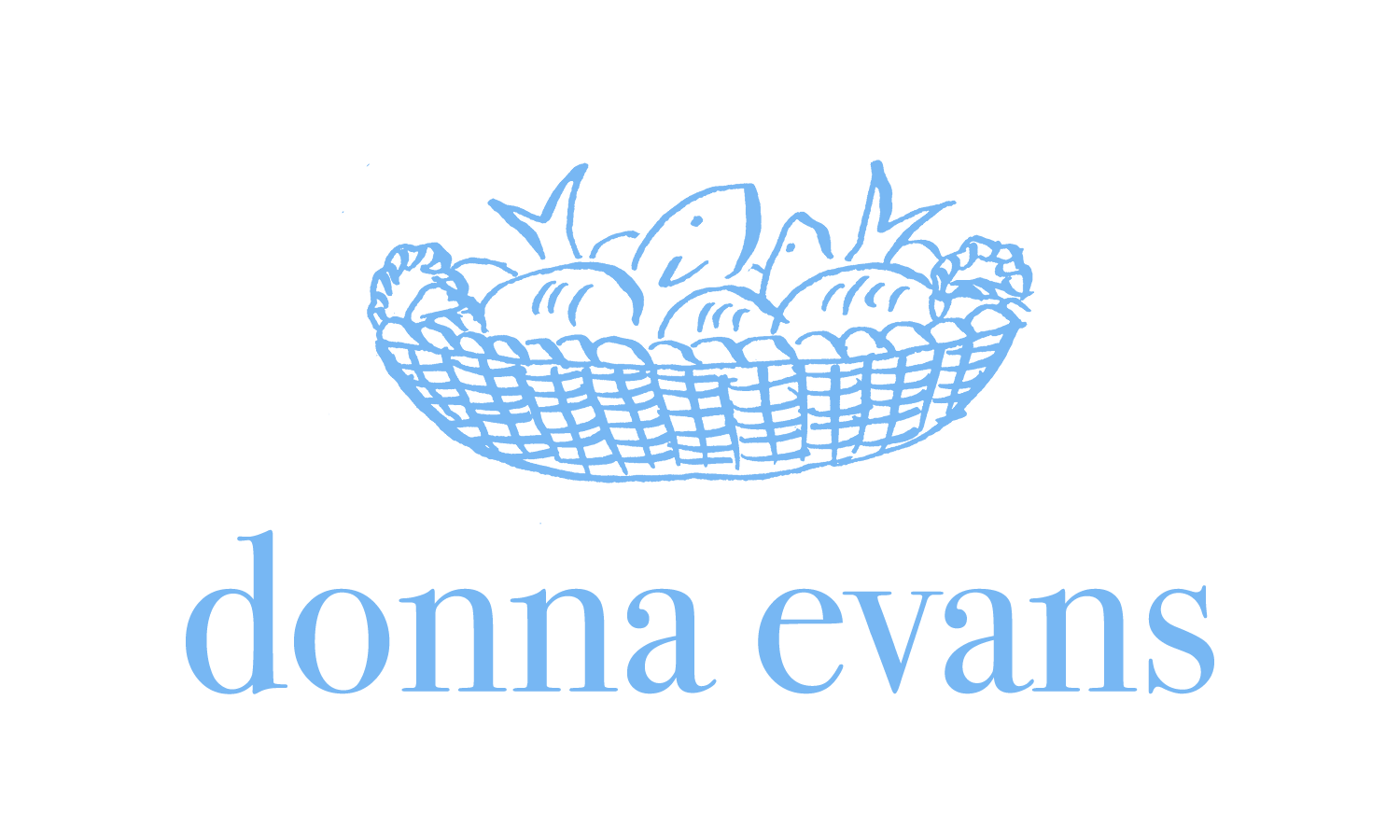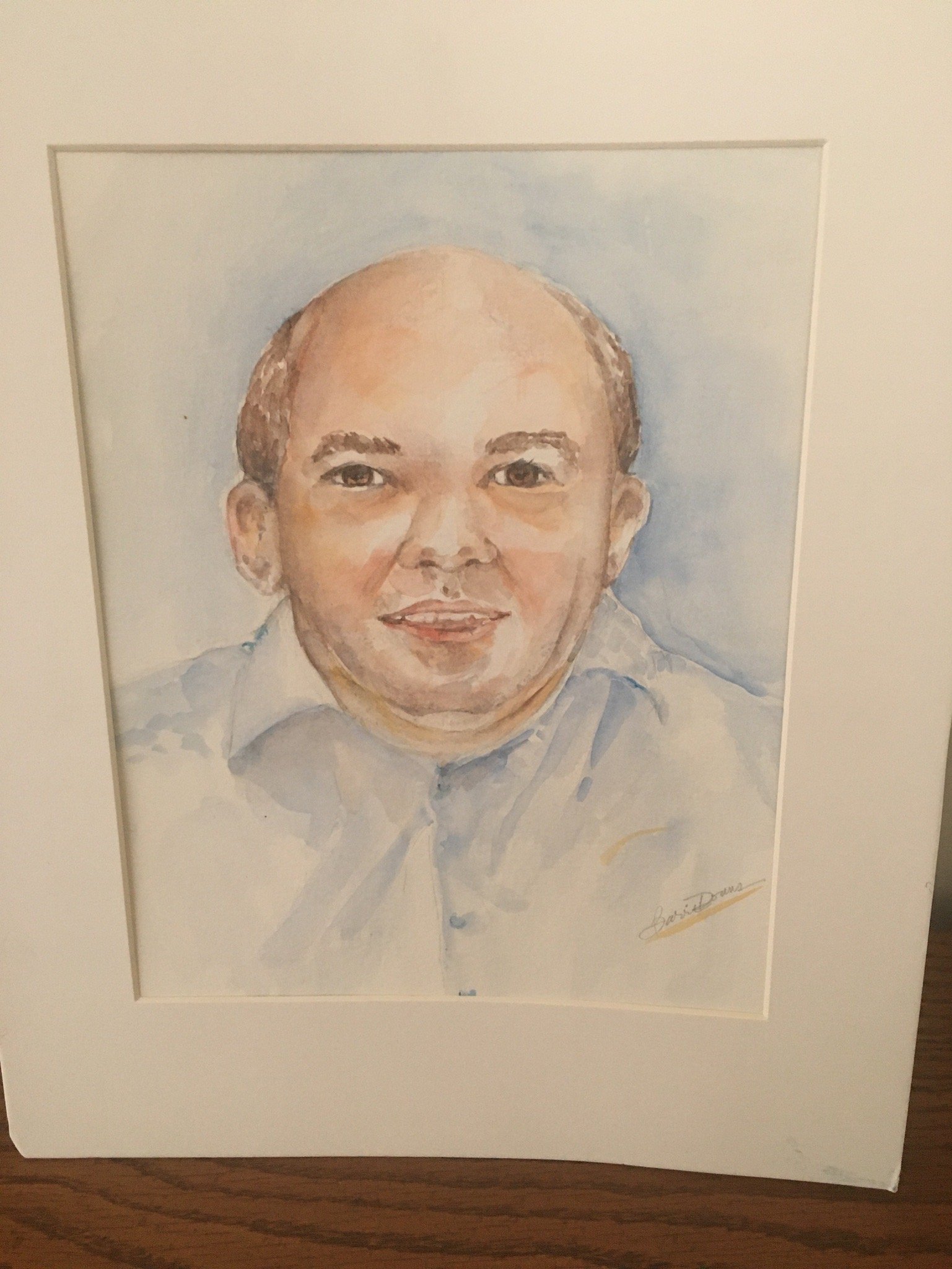Helping Hands and Comfort Care
“Comfort one another.”
2 Corinthians 13:11 (NIV)
In the immediate two months following our son’s sudden death, I jotted down what I now call my “grief notes.” Most of my daily journal entries were quick notes about what helped us and what didn’t. In an effort to “gather our broken pieces “(John 6:12), I needed a way to remember it all. Grief fog is very real and I didn’t want to forget any of it. My grief notes are now organized in three different categories:
Personal grief reflections
Counsel for those seeking to comfort others
Grief gold nuggets
Today’s post focuses on some practical “do’s” and a few “don’ts” for providing helping hands and comfort care to the grieving.
Grief is very isolating. On the day of James Bruce’s death, neither Bruce nor I wanted anyone else to come except our immediate family. We were traveling when we received word of James Bruce’s death and had an agonizing six-hour drive to get home. At that point, all I really wanted was to gather my other children and grandchildren and hold them close.
Our community pastor has been a good friend for almost 50 years. He and Bruce played football against each other in both high school and college. Bobby and his wife Jan insisted on coming to our home that first night and showed up despite our multiple protests.
“We’re not going to stay, but we want to pray with you,” they said firmly.
Once they arrived, Bobby and Jan hugged us tightly as all our tears freely flowed. Bobby began praying, but he couldn’t get any words out except tears and cries of deep anguish. His wife Jan jumped in and began praying for us with one of the sweetest, most heartfelt prayers I’ve ever heard. It was a holy ground moment for me because, as another friend observed, “James Bruce changed the way we prayed.” Indeed, he did. I will always be grateful for their immediate presence and prayers.
There are different kinds of grief responders and each one is needed at some point in our grief journey.
First responders - those first on the scene with physical presence and prayers
Rapid Responders – those who react quickly with hands and help
Support Responders – those who come alongside in the days immediately following the loved one’s death
Long-term responders – those who continue to check in after the initial shock has subsided
The two important questions for each of us are: Will I be a grief responder? If so, what kind of responder will I be?
There are many practical ways to help those who are grieving. I immediately think of food in a time of crisis. Ironically, I had very little appetite at the exact moment people were bringing so much food. Honestly, just the thought of food made me nauseous. Other family members needed to eat, however, and the food we received really helped us. Only later did I realize those gifts of love and service probably also helped those who brought it.
Our Sunday School class provided comfort care by feeding our large extended family in between James Bruce’s graveside and memorial services. Other friends brought sandwich, snack, and dessert items to our home. Assorted breakfast items, bottled waters, fruit, and ice all helped too.
Some other practical helps included:
Paper products
Meal gift cards
Freezer meals for the busy days ahead
Flowers, both fresh and garden
Memorial donations to Big Oak Ranch and Rainbow Omega
Note cards and stamps
Sympathy cards and notes, especially those with memories of James Bruce. Each card was a tangible reminder that people cared for him and for us.
Gifts of service included:
Three sweet friends who purchased & arranged James Bruce’s memorial flowers
A personal watercolor portrait of James Bruce
Retrieval of our church’s archived 1995 video archive of James Bruce singing Amazing Grace when he was 11 years old. I never would have imagined that he would have been able to sing his favorite song at his own funeral.
Creating James Bruce’s memorial service video
Retrieving James Bruce’s furniture and personal belongings from Rainbow Omega
Several friends scheduled one-on-one time with me in the weeks following James Bruce’s funeral. One thoughtful young mom brought a pot of coffee and her homemade pound cake (my favorite comfort food!) early one morning after school carpool. Others brought lunch and listening ears. One sweet friend said, “You pick your favorite place and name the date.”
Every kindness was a gift of God’s grace and a reminder that we weren’t alone. God was with us. So were His people.
Finally, my grief notes include a few “Best Practice” tips for providing comfort and care to those who are grieving.
Pray! Prayer helps. If possible, don’t just pray for the grieving person, but also pray with her.
Hugs and tears help too.
If in doubt about going to the funeral, visitation, or memorial, go! Your presence is a gift of comfort to all of those who are grieving.
Someone once said that “we can fake caring, but we can’t fake showing up.” Find a way to give the gift of presence even if you can’t physically be present. Send a card, write a note, make a phone call, mail a meal gift card. All are much better than just sending a text or worse, doing nothing.
Acknowledge their loss as a loss. It is!
If possible, keep your visits short. Avoid prolonged home visits, especially at first. Grief is exhausting.
Do more listening than talking. Let the one who is grieving direct the conversation.
If you say you’ll follow up later with bringing a meal, going to lunch, or coming to visit, then be sure and do it!
Avoid excuses, but offer condolences. Instead of saying, “I’m sorry I didn’t come to his funeral,” simply say, “I’m so sorry for your loss.” This acknowledges the grieving person’s loss without forcing her to accept your apology or excuses.
Don’t compare griefs or losses. No two losses are exactly the same.
C S Lewis in A Grief Observed: “No one ever told me that grief felt so much like fear. Instead of asking ‘How are you doing?’ Ask, '"How are you doing today or this morning or right now??”
Biblical truths like Romans 8:28 are always true, but timing is everything. “Remember, grieving people don’t need instructors, but companions.” (Dr. Mark Cushman)
I hope my grief notes will encourage all of us to better come alongside those who need our helping hands and comfort care. If you have other helpful grief insights, I would love to hear from you here.









